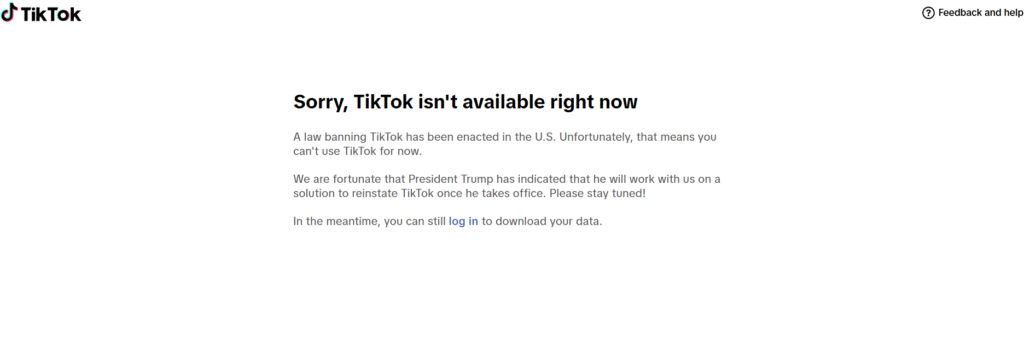Social media has become the digital town square of the 21st century—a space where ideas are exchanged, debates unfold, and the public gains access to critical information. However, recent developments in how platforms are managed and moderated raise important questions about power, loyalty, and control. Figures like Donald Trump, Elon Musk, and Mark Zuckerberg are reshaping the social media landscape in ways that could have profound implications for democracy and free speech in the United States. When compared to authoritarian leaders like Adolf Hitler, Vladimir Putin, Kim Jong Un, and Xi Jinping, the parallels in information control are hard to ignore. Americans must remain vigilant to ensure that these changes do not erode the democratic principles on which the nation was founded.
The Intersection of Politics and Social Media
In recent years, Donald Trump has sought to maintain influence over the political discourse in the United States, often leveraging social media as his primary tool. After being banned from platforms like Twitter (now X) and Facebook following the January 6th Capitol riots, Trump and his allies have pushed back against Big Tech by creating alternative platforms such as Truth Social. While these platforms aim to provide a space for “free speech,” they often function as echo chambers that reinforce loyalty to Trump and his ideology.
Elon Musk’s acquisition of Twitter in 2022 marked another turning point. Musk’s promise to make Twitter a “free speech absolutist” platform was welcomed by some but has raised concerns about how content is moderated—or not moderated. Under Musk’s leadership, Twitter rebranded as X and reinstated previously banned accounts, including Trump’s. This move has been criticized for enabling the spread of misinformation and hate speech, further polarizing public discourse.
Mark Zuckerberg’s Meta, which owns Facebook and Instagram, has also faced scrutiny. The company recently launched Threads as a competitor to X, presenting it as a “safer” alternative. However, Meta has a long history of algorithmically amplifying divisive content to maximize engagement. This raises questions about whether its new ventures will truly prioritize user well-being over profit or political influence.
The Global Context: Lessons from Authoritarian Regimes
When examining these developments, it is worth considering how authoritarian regimes have historically used media to consolidate power. Adolf Hitler’s propaganda machine relied on controlling radio broadcasts and newspapers to spread Nazi ideology. Today, leaders like Vladimir Putin tightly regulate Russia’s media landscape to suppress dissenting voices. Similarly, Kim Jong Un controls North Korea’s information flow, ensuring that citizens only receive state-approved narratives. In China, Xi Jinping’s government uses the Great Firewall and strict censorship laws to shape public opinion and stifle opposition.
While the United States remains a democracy with constitutional protections for free speech, the increasing concentration of power in the hands of a few tech moguls draws uncomfortable comparisons to these regimes. The ability to control what news or information is seen—or suppressed—gives these individuals disproportionate influence over public opinion.
Recent Changes in Social Media Platforms
Several recent changes across major social media platforms highlight how this dynamic is unfolding:
- TikTok: Owned by Chinese company ByteDance, TikTok has faced criticism for its opaque algorithms and potential ties to the Chinese government. Some U.S. lawmakers have expressed concerns that TikTok could be used to manipulate public opinion or gather sensitive data on American users. While TikTok has become a cultural phenomenon, its lack of transparency raises questions about who controls the flow of information on the platform.
- Meta (Facebook/Instagram): In response to growing competition from TikTok and X, Meta has leaned heavily into AI-driven recommendations and short-form video content. However, critics argue that these algorithmic changes prioritize sensationalism over substance, making it easier for misinformation to spread.
- X (formerly Twitter): Under Elon Musk’s leadership, X has undergone significant changes, including the elimination of its traditional verification system in favor of a paid subscription model. This has blurred the line between credible sources and unreliable ones, making it harder for users to discern fact from fiction.
Why Americans Should Be Cautious
The consolidation of power within a few social media platforms—and by extension, a few individuals—poses significant risks to democracy:
- Erosion of Free Speech: While these platforms claim to champion free speech, their decisions about what content is amplified or suppressed can create echo chambers that stifle diverse perspectives.
- Spread of Misinformation: The prioritization of engagement over accuracy means that sensational or false information often spreads faster than verified news.
- Manipulation of Public Opinion: By controlling algorithms and moderation policies, platform owners can subtly shape public discourse in ways that serve their interests or those of their political allies.
- Undermining Democratic Institutions: When social media platforms become tools for political loyalty or propaganda, they weaken trust in democratic institutions and processes.
Moving Forward: Safeguarding Democracy
To protect democracy and ensure that social media remains a force for good, several steps must be taken:
- Regulation: Governments should establish clear guidelines for transparency and accountability in how social media platforms operate. This includes requiring disclosures about algorithms and content moderation practices.
- Digital Literacy: Citizens must be equipped with the tools to critically evaluate information online. Promoting digital literacy in schools and communities can help combat misinformation.
- Decentralization: Encouraging competition and innovation in the tech industry can reduce the concentration of power in a few dominant platforms.
- Public Oversight: Civil society organizations should play an active role in monitoring social media platforms and advocating for ethical practices.
Conclusion
The changes unfolding at TikTok, Meta, X, and other platforms are not just business decisions—they are actions with far-reaching implications for democracy and society. As Americans navigate this new era of digital communication, it is essential to remain vigilant against attempts to manipulate public opinion or suppress dissenting voices. By fostering transparency, accountability, and digital literacy, we can ensure that social media serves as a tool for empowerment rather than control.



